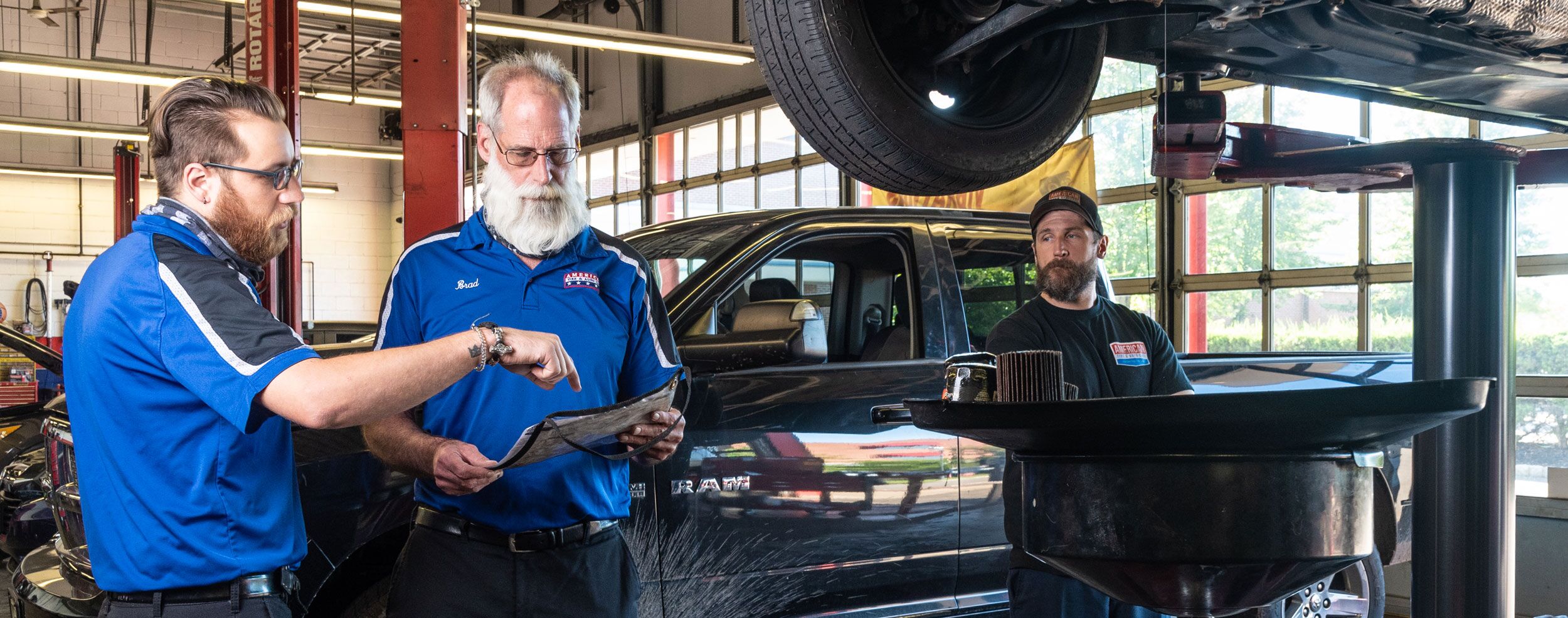Featured
Winter months driving can be one of the most challenging and potentially hazardous problems for any kind of car owner. Preparing your vehicle for winter season is critical to make certain that it carries out safely and accurately.
![]()
Final thought. Wintertime driving requires even more preparation than simply packing up and obtaining behind the wheel. By complying with these tips, you'll be well-equipped to deal with the winter season months with confidence, comfort, and safety.
- Check the Battery. Cold temperature levels can considerably influence your lorry's battery efficiency. Have your battery checked to guarantee it is in excellent problem.
- Examine the Tires. Winter season conditions require a lot more from your tires. Winter season tires are made with unique walk patterns and compounds that provide better grasp on snow and ice. If you reside in an area with severe wintertimes, think about changing to winter tires. Check the walk depth and guarantee they have sufficient hold if you're using all-season tires. If the walk is put on, it's time to replace the tires. Regularly examine tire stress, as cold temperature levels can trigger it to drop, leading to minimized grip and handling.
- Inspect Liquids and Antifreeze Levels. In winter months, your automobile counts on its liquids to run effectively, so guarantee that your antifreeze goes to the appropriate level. The coolant system prevents your engine from freezing, so rounding off the antifreeze or having it purged and replaced if essential is essential. Likewise, inspect the levels of engine oil, brake fluid, and windscreen washer liquid. Ensure you use a winter-grade windshield washing machine fluid that will not freeze in the cold, and maintain the tank full to guarantee excellent exposure throughout snowy or wet conditions.
- Evaluate the Wipers and Windscreen. Replace old, worn wipers, and use winter season wiper blades, which are a lot more immune and long lasting to ice accumulation. Examine the windshield for chips or cracks that might intensify in freezing temperature levels.
- Test Your Brakes. Brakes are even extra important in wintertime driving. When driving in icy or snowy problems, constantly maintain a secure distance from other cars and use additional care when braking to stop mishaps.
- Get ready for Emergencies. Despite your best shots to prepare your automobile, wintertime driving can still provide unexpected difficulties. To remain risk-free, keep an emergency package in your vehicle. This must consist of things such as a blanket, flashlight, very first aid package, jumper cable televisions, additional gloves and hats, and a shovel. A bag of sand or salt can additionally work for traction if your car obtains stuck. Also, maintain some non-perishable food and water in the vehicle in instance you obtain stranded.

- Guarantee Correct Lighting. Winter typically indicates shorter days, so it's essential to make sure your headlights, tail lights, and brake lights are functioning effectively. Inspect for any burnt light bulbs and change them prior to you hit the roadway.
- Guarantee Proper Tire Chain or Grip Help Preparedness. If you live in a location that consistently experiences serious winter months weather, think about keeping tire chains or traction help in your car. When driving in deep snow or over ice-covered roads, these can be very useful. Ensure you know just how to install them properly and practice beforehand, so you're not captured off guard in an emergency situation.
- Examine Your Heating and Defrosting Systems. You'll want your heating and thawing systems to be in optimum functioning order for those cold, chilly early mornings. Check the heating system and defroster to ensure they are operating well, and change any cabin air filters if required to keep excellent air flow. A defective heater can make driving even unsafe and awkward, particularly when roads are icy and presence is endangered by fogged home windows.
Final thought. Wintertime driving requires even more preparation than simply packing up and obtaining behind the wheel. By complying with these tips, you'll be well-equipped to deal with the winter season months with confidence, comfort, and safety.
Latest Posts
Protect and Enhance Your Home with Weathercraft's Siding Solutions
Published May 26, 25
1 min read
Uncover the Best Auto Repair Deals in Montclare, Chicago
Published May 25, 25
1 min read
How Routine Car Maintenance at Montclare Auto Repair Saves You Money
Published May 25, 25
1 min read
More
Latest Posts
Protect and Enhance Your Home with Weathercraft's Siding Solutions
Published May 26, 25
1 min read
Uncover the Best Auto Repair Deals in Montclare, Chicago
Published May 25, 25
1 min read
How Routine Car Maintenance at Montclare Auto Repair Saves You Money
Published May 25, 25
1 min read